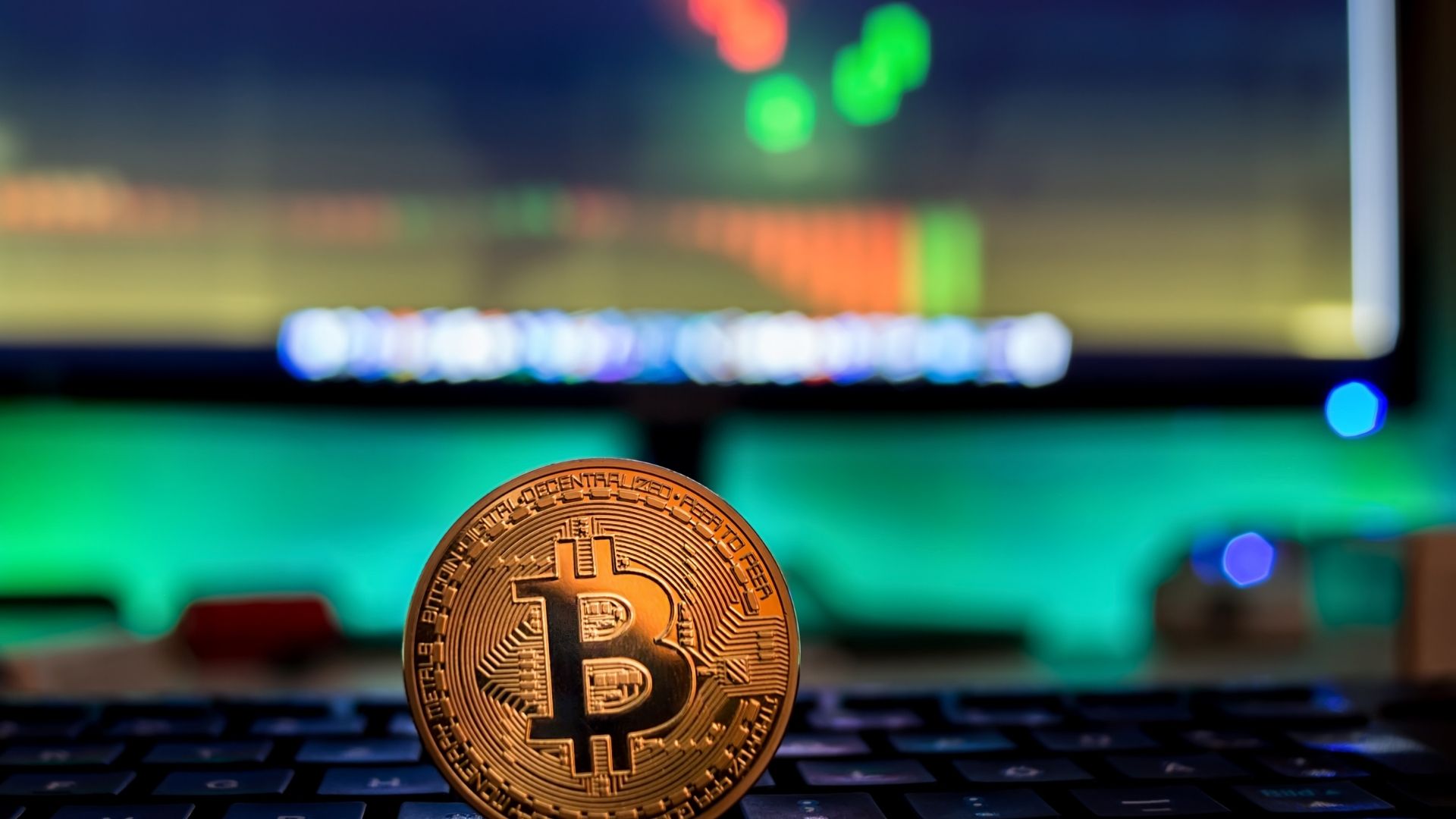In the first part of this series, you were introduced to databases and the blockchain. We introduced Bitcoin as a cryptocurrency and defined money.
In the second part of this series, we illustrated the drivers behind the value of cryptocurrencies and brought you the experts’ opinions on whether you should buy Bitcoin.
In this third part of the series, we examine the regulatory environment of Bitcoin.
It’s important to re-emphasise the definition of a cryptocurrency:
Cryptocurrency is a digital currency, secured by cryptography which protects the currency against counterfeiting or double spending. This is digital or electronic money in encrypted form (also known as “private money”).
External Regulation of The Crypto Space
Different countries have different views and regulations regarding the adoption of cryptocurrencies. Cryptocurrencies are legal in the United States (US), but there are no regulations governing activities in cryptos.
Europe was one of the initial countries to legalise cryptocurrencies but has no specific regulation to govern crypto activities. Please read more on the various countries’ points of view regarding regulating cryptocurrencies:
https://www.analyticsinsight.net/a-rundown-of-cryptocurrency-regulations-across-the-world/
South Africa is encouraging cryptocurrency and is actively developing regulations. Our panel aired their view that politicians’ involvement in the economy has destroyed value. The Rand is almost 60 years old and has lost 99 % of its value.
Politicians are seen to be all about power. The South African Reserve Bank’s official policy on inflation targeting has led to erosion of the value of the currency, due to its inflation targets.
The tongue-in-cheek advice is to buy Bitcoin, to hedge investors against politicians and regulators. The essence is that, without regulation, the public may be cautious about investing in these cryptocurrencies.
 Self-Regulation of The Crypto Space
Self-Regulation of The Crypto Space
Through the very nature of blockchain technology, cryptocurrencies self-regulate, protect themselves against manipulation and maintain a tamper-resistant ledger. The incentives of investors are aligned through the native asset itself. Open-source software allows participants worldwide to access the technology and only economic participants may change the codes.
The regulations are moving into a different layer which relates more to cyberspace crimes, that is, scamsters pretending to be Luno. The regulations should not, therefore, be about the “money” itself, but rather the environment. It is recommended that service providers are regulated, rather than the currencies themselves.
The ability of investors to self-regulate brings about a more sophisticated approach — that of self-custody. Self-custody is when the investor has complete control of their cryptocurrency via a personal private key — a well-formed and unguessable number that grants access to the assets. This enables you to make your own decisions about your own money. The essence is to keep your private key safe!
Is It Essential to Have a Central Bank for Digital Currencies?
The private sector has long been successful at implementing its payment systems. An example of this is the PayPal payments system.
In China, the bulk of payments are being made on similar payment systems. The Chinese started their digital currency, but this is still being controlled by their Central Bank. Central banks would not like to give control of “money” to private entities.
How Will the Blockchain and Cryptocurrencies Impact the World’s Monetary Systems in Future?
The panellists believed that this new technology may be the end of banking as we know it, but are uncertain as to what it will look like. Mainstream newspapers make much of a downturn in private currencies and some commentators imply that we have come to the end of private currencies.
The Bank of International Settlements made statements that private currencies will come to an end but at the same time said that central banks will continue to use them.
We are under the impression that economies of the world are moving more into the tertiary or digitise part of the economy. The idea of countries as geographic areas and where people are situated will become irrelevant over time. The entrance of digital currencies into the financial markets may very well ring in the end for central banks, banks as we know them and even the sovereignty of countries.








